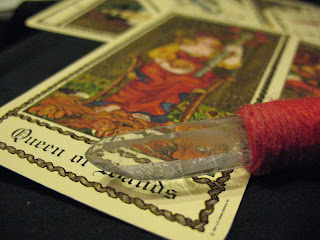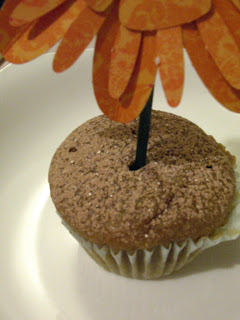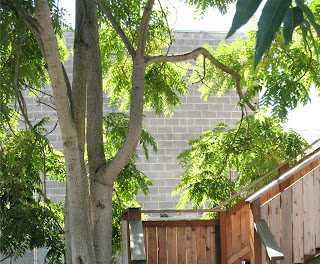| 1. | of or in time long past, esp. before the end of the Western Roman Empire a.d. 476: ancient history. |
| 2. | dating from a remote period; of great age: ancient rocks; ancient trees. |
| 3. | very old; aged: an ancient folk tale. |
| 4. | being old in wisdom and experience; venerable. |
| 5. | old-fashioned or antique. |
| 6. | a person who lived in ancient times. |
| 7. | one of the classical writers of antiquity. |
























